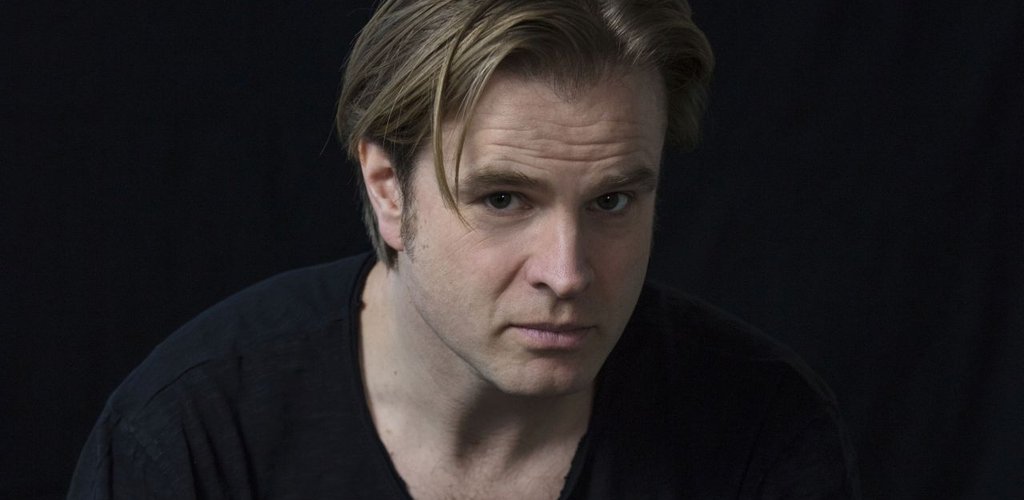Bernard Richter can be familier to the audience of the Budapest Festival Orchestra, as he performed with the orchesta before. In 2023, he returned to us again for one of the title roles in Debussy's Pelléas and Mélisande. The Swiss-born tenor was interviewed by Júlia Váradi.
Júlia Váradi: I remember well when you sang so beautifully the role of Tamino in The Magic Flute, directed and conducted by Iván Fischer in 2013. When you think back, what comes to mind now?
Bernard Richter: It was a wonderful tour where we performed Mozart’s Requiem as well as The Magic Flute. I remember it very well because it was a great experience for me. It was very easy to work with Iván Fischer.
J.V.: Easy?
B.R.: Yes, because we didn’t have to argue, there weren’t a hundred different instructions in terms of tempo, content, musical conception. We had the same idea about the way the composer and the author wanted to perform and what they wanted to say. I really liked the logical path that Iván and I followed when we were working on the piece, in which we did not focus on our own performer persona, but on the most important Mozartian ideas. The music was at the heart of everything. And for a singer, that is the highest sense of comfort.
J.V.: And with Pelléas and Melisande, do you feel the same way?
B.R.: Yes, I have exactly the same good impressions as then. We understand each other’s ideas very easily, we go through the process of understanding the plot and the music in the right direction.
J.V.: Have you sung the role of Pelléas often?
B.R.: Yes, I’ve sung the arias of Pelléas several times and I really like the piece. I have sung it in Tokyo, Montreal, Lyon and then at the Vienna Opera. But every time I feel it like a new experience. I never feel like I’ve had enough. I am always happy to play the role of Pelléas.
J.V.: What kind of role do you see in Pelléas? The lover who ‘falls in love’ with someone else’s wife, who gets a family into trouble, or someone for whom love is such a strong attraction that it cannot be resisted?
B.R.: There are many ways to approach this figure. I work according to the director and my own perspective on how I should be in this role each time. Which of course doesn’t preclude me from looking carefully at the context, the period, the historical background of the play, what I need to know about the authors, and so on. But ultimately, knowing all that, one brings one’s own colors, one’s own personality, to what is on stage. For me, the most important thing to say in this play is what the author says about misunderstandings, about the total failure of communication, about lying. Pelléas suffers because it is so difficult for him to love someone he feels so close to, while he is constantly anxious about his brother, and at the same time he is depressed by his mother and his father’s illness. And, of course, he is terrified of the consequences of love.
J.V.: Am I right in thinking that the secret is the defining element of the whole plot? That the ideas are hidden, nothing becomes clear?
B.R.: That’s exactly right. There are a lot of contradictions. That’s what the writer had in mind when he wanted to show that they don’t dare to say anything as they really feel it. When Pelléas whispers “I love you” to Melisande, it is also like a very deep sigh, which could be interpreted as a confession of love. The forest, the darkness, is a great symbol of everything this work is about, while the light shines through the trees so beautifully. These two together symbolize the contradictions of inner suffering and happiness. That’s why I feel that there is a kind of heavenly voice when we sing. Being here and working with the Festival Orchestra is a great gift for a singer. You feel like you’re coming to an island where there’s a lot of trust between the musicians, the conductor and everyone involved. No one is concerned with their own ego, but with the creative work and the result of it. That is why I think it is better for a company to stage one opera a year, but to work so hard and in depth on it.
